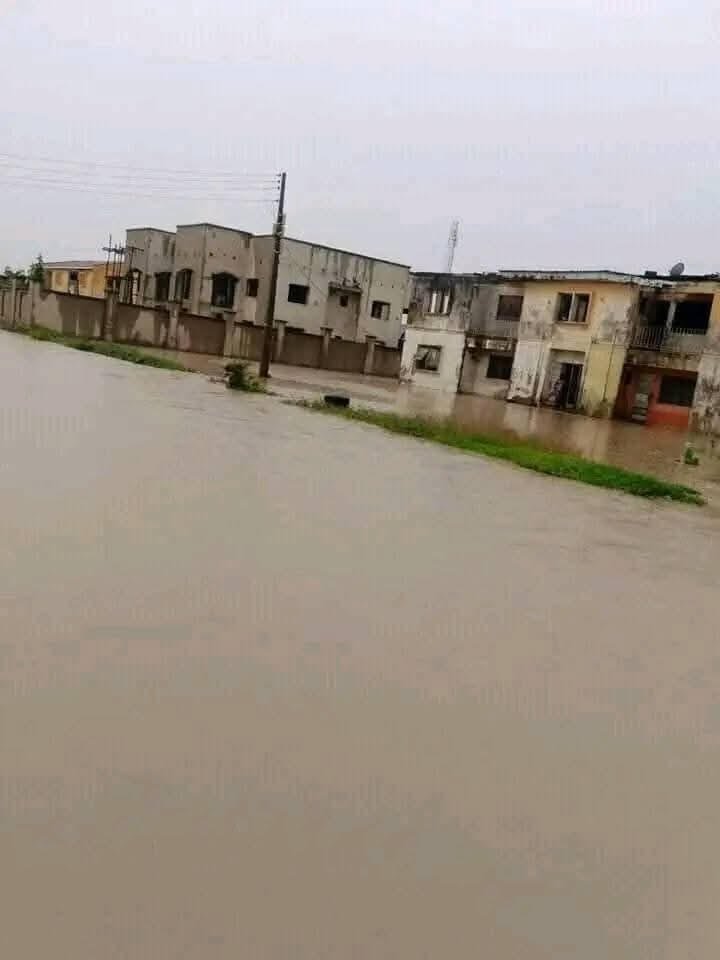Ogbodo Ozioma Favour and Olobashola John
As Nigeria commemorates Democracy Day today, Wednesday, June 12, Nigerians across the nation are reflecting on what Democracy means to them midst socio-economic challenges.
The question is simply, what is the significance of June 12?
This day, marks the anniversary of the country’s transition from military rule to civilian governance in 1999 and despite its national importance, Many Nigerians are unaware of occasion or grappling with poverty, unemployment inflation, security while urging the Government to come to their aids
Conflicts between nomadic herders and farmers over land and water resources have intensified, exacerbated by climate change and desertification. States like Benue have witnessed deadly attacks, often attributed to herders. Though there has been increased cases of farmers having to pay taxes to bandits in order to have access to their farmland, part of which has seen the rise in food inflation. In response to the increasing violence, several state governments in Nigeria have implemented anti-open grazing laws, requiring livestock to be transported to market by rail or vehicle rather than on foot. These laws, initially enacted in 2016 in the Middle Belt states of Ekiti, Edo, Benue, and Taraba, are perceived as a threat to the nomadic lifestyle of some pastoralists. In Benue and Taraba States, the number of conflicts and fatalities have significantly decreased since these laws were put in place, although it is unclear to what extent the decline is due to enforcement.
This approach has also gained traction in other regions of Nigeria. In May 2021, the governors of 17 southern states issued a joint resolution to ban open grazing in their territories in response to the spread of farmer-herder clashes to the south.
Policy Interventions
The federal government’s National Livestock Transformation Plan aims to reduce these clashes by improving livestock production and controlling cattle movement. However, implementation has been hindered by political and logistical challenges.
Separatist Movements, The Ipob Challenge
The Indigenous People of Biafra (Ipob), seeking the secession of southeastern states, has clashed violently with Nigerian security forces. The arrest of their leader, Nnamdi Kanu, has not quelled the unrest, with continued attacks on government infrastructure. Just recently, the report of the killing of five military personnel somewhere in Abia state has caused a significant amount of heightened unrest within the civilian population as the army has intensified it’s resolve to apprehend the killers who they claimed were ipob militants. The governor of the state has also placed a bounty of 30 million naira for information that could lead to the arrest of the killers.
Government Stance
The previous administration of President Buhari took a hardline approach, promising to crush the separatist movement. However, the effectiveness of these measures remains questionable as the conflict continues to simmer. The security agencies in there efforts to improve security in the southeast has mounted countless road blocks to checkmate movement of people, something that has been criticised by many as militarising the region.
Budgetary Allocations and Security Spending Increased Funding, Persistent Insecurity
Between 2019 and 2023, security budgets for agencies like the Nigerian Army, Navy, and Air Force have seen substantial increases. Despite this, data from the Armed Conflict Location & Event Data Project (ACLED) reveals a steady rise in incidents and fatalities related to insecurity. The government in the 2023 budget, allocated the sum of over 4 billion dollars to defence and security alone, the largest single allocation to any sector.
Allocation vs. Outcome
While security agencies received N7.71 trillion over five years, the correlation between increased spending and improved security is weak. In the first seven months of Tinubu’s administration, over 5,000 people were killed, indicating that higher budgets have not translated into enhanced safety. In a bid to reduce the spiking rate of insecurity in the federal capital territory, the minister of FCT, Nyesom Wike mandated the commissioner of police in the FCT to ensure that order is restored within the FCT, something that has recorded significant progress so far.
Nigeria’s battle with insecurity is multifaceted, involving terrorism, banditry, inter-communal conflicts, and separatist movements. Despite some progress, particularly against Boko Haram, the overall situation remains dire. Increased security budgets have not stemmed the tide of violence, and the persistence of these issues suggests a need for more effective and comprehensive strategies. Without significant improvements, the stability and future of Nigeria remain in jeopardy.



